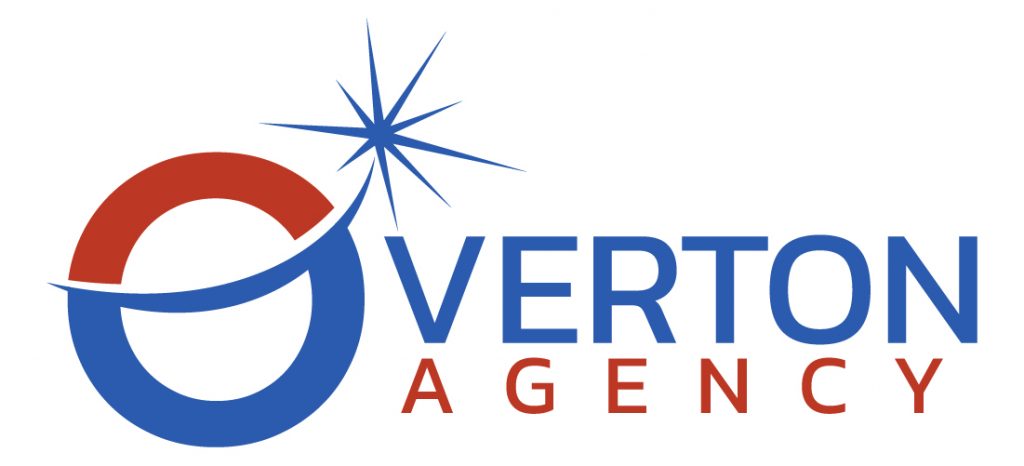Discover the limitations and drawbacks of Medicare Advantage Plans, including provider network restrictions, potential out-of-pocket costs, coverage limitations, and changes, as well as the impact on specialized treatment, to make informed decisions about healthcare coverage.
Introduction to Medicare Advantage Plan Negatives
Medicare Advantage Plans, while offering a range of benefits including dental and vision coverage, come with inherent limitations and drawbacks that are crucial for beneficiaries to consider. One of the primary concerns is the limitation on provider networks, requiring beneficiaries to use doctors and hospitals within the plan’s network, which can significantly restrict their choice of healthcare providers. Understanding these downsides is essential for anyone looking to make an informed decision about their healthcare coverage, as Medicare Advantage Plans often present a trade-off between additional benefits and potential limitations.
Understanding Medicare Advantage Plans
Overview of Medicare Advantage Plans
Medicare Advantage Plans, also known as Part C, are offered by private insurance companies and bundle Medicare Part A (hospital insurance), Part B (medical insurance), and often Part D (prescription drug coverage). These plans are popular for their structured benefits, including coordinated medical care and the potential for lower out-of-pocket costs compared to Original Medicare. However, the complexity and variety of plan offerings can make it challenging for beneficiaries to choose the most suitable option, necessitating a thorough consideration of the advantages and disadvantages based on individual healthcare needs. Medicare beneficiaries face a choice between Original Medicare and Medicare Advantage Plans, with the latter gaining popularity due to perceived cost savings and extra benefits.
Key Benefits of Medicare Advantage Plans
Among the benefits of Medicare Advantage Plans are cost-saving opportunities and the convenience of having multiple types of coverage under one plan. These plans often offer coordinated medical care, which can be particularly advantageous for individuals with chronic conditions requiring regular monitoring and treatment. Additionally, the personalized structure of Medicare Advantage Plans allows for a more tailored approach to healthcare, potentially leading to better health outcomes and satisfaction.
Limitations of Medicare Advantage Plans
Provider Network Restrictions
One significant disadvantage of Medicare Advantage Plans is the restriction on service providers. Beneficiaries may find themselves limited to a specific network of doctors and hospitals, which can be particularly problematic if preferred healthcare providers are out-of-network. This restriction often means higher costs or no coverage for out-of-network care, directly impacting beneficiaries’ access to preferred healthcare services.
Out-of-Pocket Costs
While Medicare Advantage Plans can offer low or even zero premiums, beneficiaries might face unexpected out-of-pocket expenses for certain services or when seeking care outside the plan’s network. The plans come with a maximum out-of-pocket limit, which provides some financial protection, but reaching this limit can still impose significant financial burdens on beneficiaries. It’s crucial for individuals to understand these potential costs to effectively manage their healthcare budget.
Coverage Limitations and Changes
Medicare Advantage Plans may impose restrictions on coverage for specific services, including elective procedures or care received outside the network. Additionally, these plans are subject to annual changes in coverage, which can affect the availability and rules regarding certain treatments. Prior authorization for some services is another hurdle, potentially leading to delays in accessing necessary medical care.
Prescription Drug Coverage
Most Medicare Advantage Plans include prescription drug coverage, but beneficiaries might encounter limitations on the drugs covered and the pharmacies where prescriptions can be filled. Formulary changes can also affect drug coverage, leading to unforeseen expenses. It’s important for beneficiaries to review their plan’s drug formulary annually to ensure their medications remain covered at an affordable rate.
Comparing Medicare Advantage to Other Healthcare Options
Original Medicare with Medigap
Comparing Medicare Advantage to Original Medicare combined with a Medigap policy, the latter offers greater flexibility in choosing healthcare providers without network restrictions. While Medigap policies provide comprehensive coverage for co-pays and deductibles, they come with an additional premium. Beneficiaries must weigh the predictability of costs with Original Medicare and the potential savings offered by Medicare Advantage Plans to determine the best option for their healthcare needs.
Impact on Specialized Treatment
The requirement for referrals to see specialists in Medicare Advantage Plans can introduce delays and administrative hurdles in accessing specialized care. This can pose significant challenges for beneficiaries with complex health conditions that require treatment from out-of-network specialists. Understanding the impact of these limitations on access to specialized care is crucial for managing chronic conditions and ensuring effective treatment.
Annual Changes and Enrollment Considerations
Medicare Advantage Plans may modify their provider networks, drug formularies, and cost-sharing rules annually, which can significantly affect beneficiaries’ coverage and out-of-pocket costs. The open enrollment period offers an opportunity for beneficiaries to review any plan changes and switch plans if necessary to better meet their healthcare needs. Carefully comparing plan options based on these changes can help in making an informed decision about healthcare coverage.
We’re Here to Help
Navigating the complexities of Medicare coverage, including understanding the pros and cons of Medicare Advantage Plans, can be daunting. Overton Agency specializes in assisting Arkansas residents with these decisions, offering tailored advice and exploring insurance solutions that meet individual needs. For personalized guidance on choosing the right healthcare plan, contact Overton Agency at (501) 881-2050 or visit Overton Agency.
